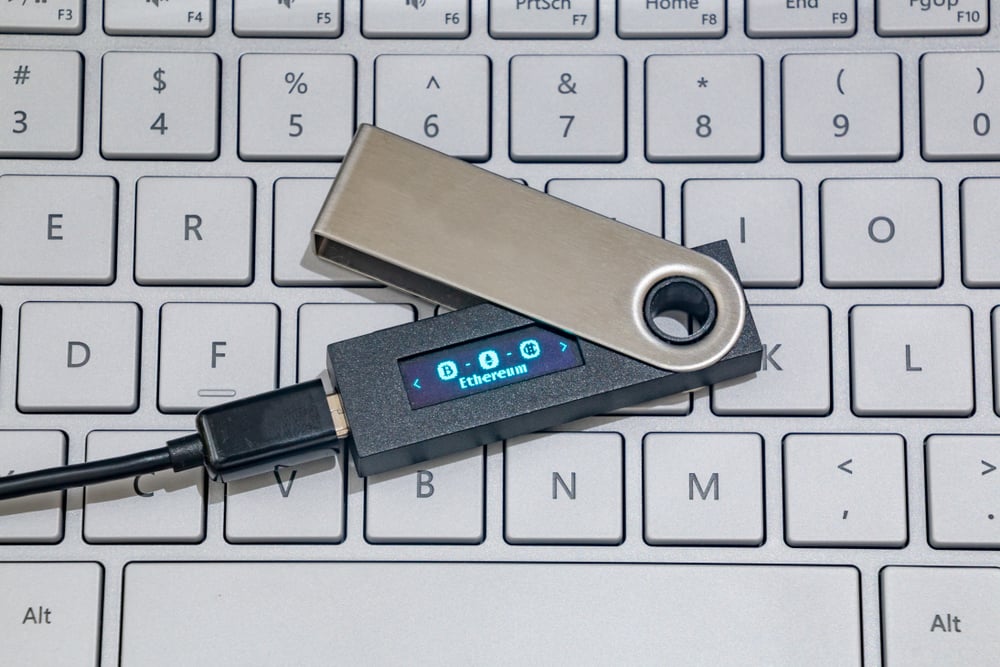Decentralized Crypto Exchange is Solution to Hacks, Will They be Ready?

Not long after the successful hacking attempts on crypto exchanges Bithumb and Coincheck, Japan’s Zaif was hacked, losing $60 million in user funds. All three exchanges were found to have poor security measures.
Coincheck in particular, which lost more than $500 million in XEM, the native cryptocurrency of NEM, outraged investors in Japan after the company’s CEO Koichiro Wada admitted that the firm did not have enough security experts overseeing the exchange.
“We were aware we didn’t have enough people working on internal checks, management and system risk. We strived to expand using headhunters and agencies, but ended up in this situation,” said Wada .
The NEM team also stated in an official statement that while it has deployed an automatic tagging system to trace lost funds for the investors of Coincheck, the team emphasized that the exchange had extremely poor security systems in place.
Bithumb was similarly criticized by the government of South Korea and local security firms, which ultimately led the exchange to close down for over a month and overhaul its internal management systems.
Decentralized Exchanges Can Solve These Issues

Ethereum-based decentralized crypto exchanges like IDEX utilize smart contracts on an immutable blockchain network to process trades in a peer-to-peer manner. Decentralized exchanges are protected from hacking attempts and security breaches because hackers cannot possibly hack into a peer-to-peer network.
On a decentralized exchange like IDEX, users trade crypto with non-custodial wallets like Trezor, Ledger, and MetaMask. Hence, at all times, users have complete control over their funds by connecting their non-custodial wallets to exchanges.
Funds do not leave the wallets of users unless trades are executed on the mainnet of Ethereum, which is irreversible. As such, user funds are never in danger or vulnerable to external attacks.
Decentralized exchanges have already started to appeal to a niche group of traders that are interested in investing in newly launched crypto with low liquidity prior to their integration on centralized exchanges.
Newly created ERC20 tokens and crypto deploy their assets on peer-to-peer digital asset trading platforms first to gain liquidity, as it costs no capital to do so, and then aim for centralized exchange integration.
As for user experience and usability, because most decentralized exchanges are compatible with Ethereum wallets, it is not that much more complex than centralized exchanges. While it requires several more steps, traders that are already technically literate can easily shift to decentralized alternatives.
Can Decentralized Exchanges Compete Against Centralized Exchanges?
As CCN.com reported, US Securities and Exchange Commission (SEC) commissioner Hester Peirce previously stated that “only a very particular type of investor can pursue the diversification opportunities such assets can provide,” stating that it requires a specific set of skills and knowledge to trade cryptocurrencies in the market.
Given that cryptocurrency trading on exchanges is already a niche market of its own, it is possible that with better user interface and more incentives, users will explore decentralized exchanges as alternatives.
Images from Shutterstock